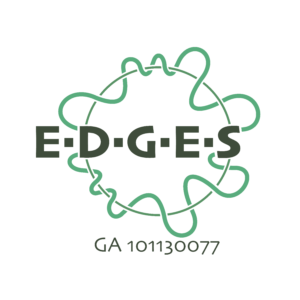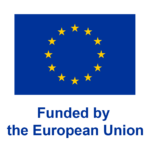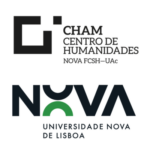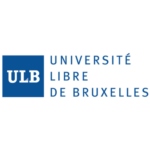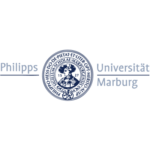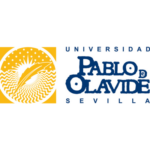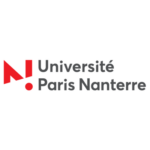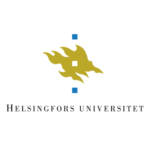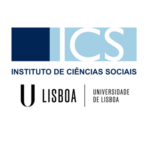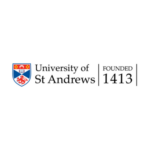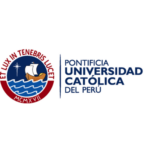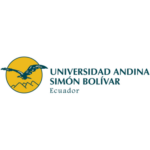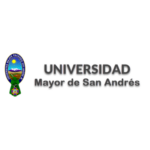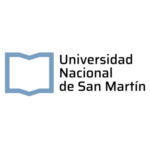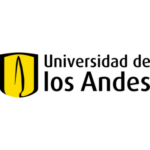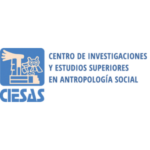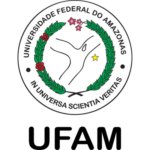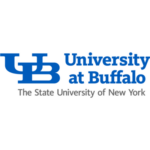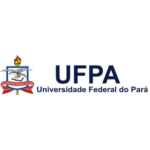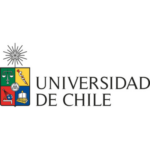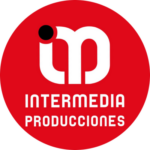Work Package 2
Tracing Indigenous Knowledges in the Past: Orality, Archives and Judicial Sources
The central theoretical question considered in WP2 is related to historicising Indigenous knowledges and agencies. This involves thoroughly examining historical and archival material and valuing Indigenous sources and narratives (oral, written, spiritual, graphic, etc.). The focus will be on submerged histories, new sources, and different ways of understanding history, expanding on still Eurocentric historiography. Indigenous experiences are framed by colonialism; therefore, the relations of Indigenous peoples with colonial powers and state formations, historicising identities, and knowledges are crucial to this WP, expanding on the notion and complexity of Indigenous knowledges in Latin America.
This WP will study memory, agency, identity, power, and other all-important notions that characterise the relationship between the conceptualisation and transformation of Indigenous knowledges entangled with the colonial state and institutions, such as universities. It will also demonstrate the traceability of Indigenous knowledges in different sources, including oral sources, colonial and imperial administrative archives, and judiciary sources. The objective is to offer methodological tools for EDGES researchers to identify, recover, and analyse Indigenous perspectives from the past in historical sources.
WP Leaders
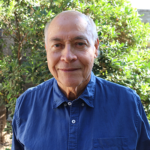
Jorge Hidalgo Lehuedé
Universidad de Chile
- hidalgol@uchile.cl
Professor of History and Geography at the University of Chile, Santiago. He has a Doctorate of Philosophy at the University of London (1987). He has been Curator of the National Archive of Chile (1990-1994) and Director of the Postgraduate and Postgraduate Department (UCH, 2002-2006); National History Prize 2004; Dean of the Faculty of Philosophy and Humanities (UCH, 2006-2010). His speciality is Andean colonial history. He is currently the researcher responsible for the Conicyt Regular Project No. 1220296.

Justo Cuño Bonito
Universidad Pablo De Olavide
- jcubon@upo.es
Professor of American History at the Pablo de Olavide University in Seville, Spain and Director of the Department of Geography, History and Philosophy and of the research institute El Colegio de América, Centro de Estudios Avanzados para América Latina at the Pablo de Olavide University. PhD in History of America from the Pablo de Olavide University and a Post-doctorate in Educational Sciences from the Pedagogical and Technological University of Colombia. Justo is a corresponding member of the Colombian Academy of History and belongs to the Latin American Council of Social Sciences and the Latin American Faculty of Social Sciences.

María Luisa Soux
Universidad Mayor de San Andrés
- marialuisasoux@gmail.com
Emeritus professor and researcher in the History Department and the Institute of Bolivian Studies of the UMSA. She studied at UMSA (Bolivia), the International University of Andalusia (Spain) and the Universidad Nacional Mayor de San Marcos (Peru). She is a specialist in the history of the Independence process, rural history and legal history. Among her publications are the books La coca liberal (1993), La Paz en su ausencia (2008), El complejo proceso hacia la independencia de Charcas (2010) and Constitución, ley y justicia entre colonia y república (2013 ). She has published co-authored books and academic articles in specialised journals in Bolivia, Latin America and Europe.
Other Researchers
- Researcher 1
- Researcher 2
